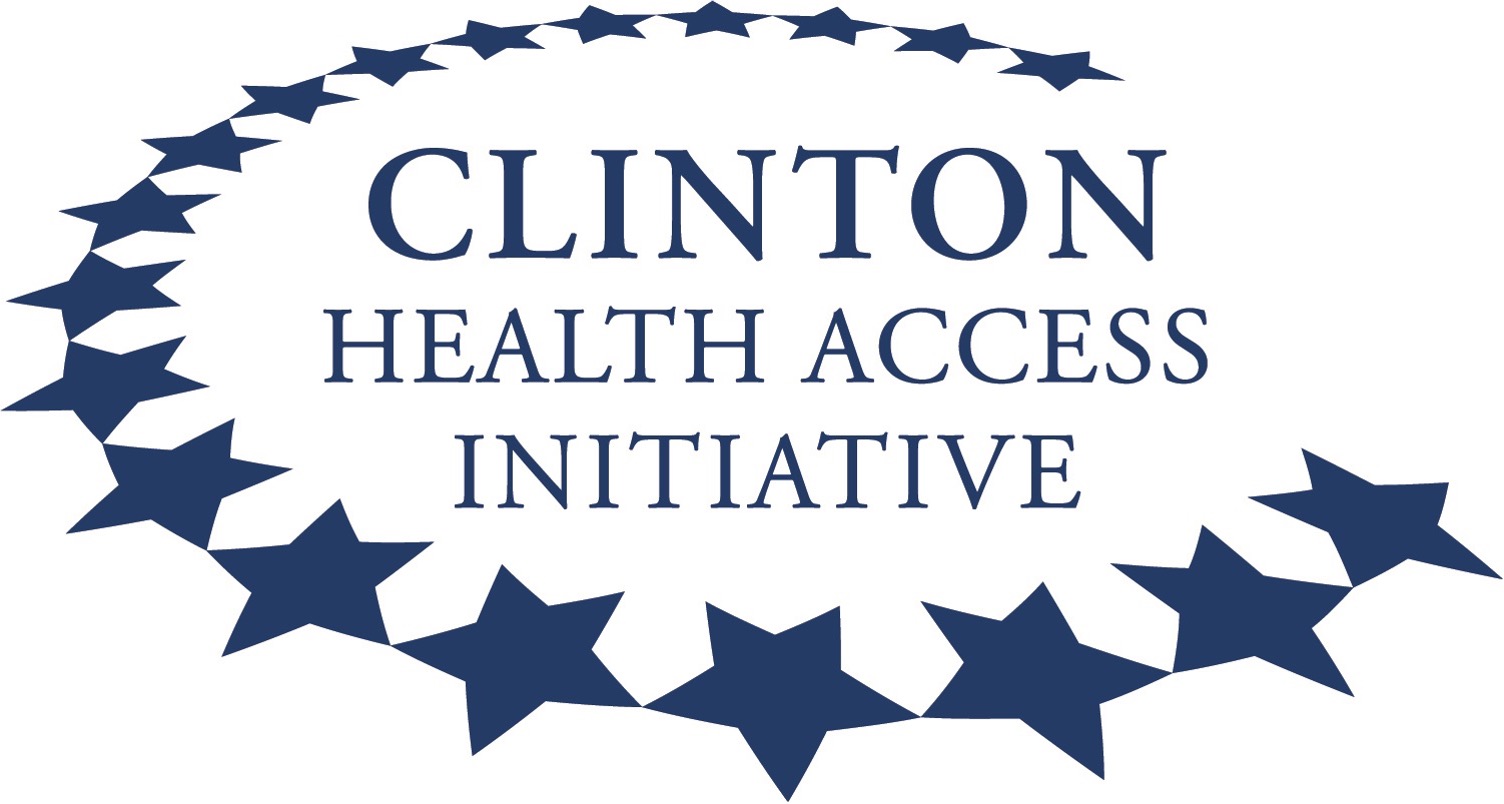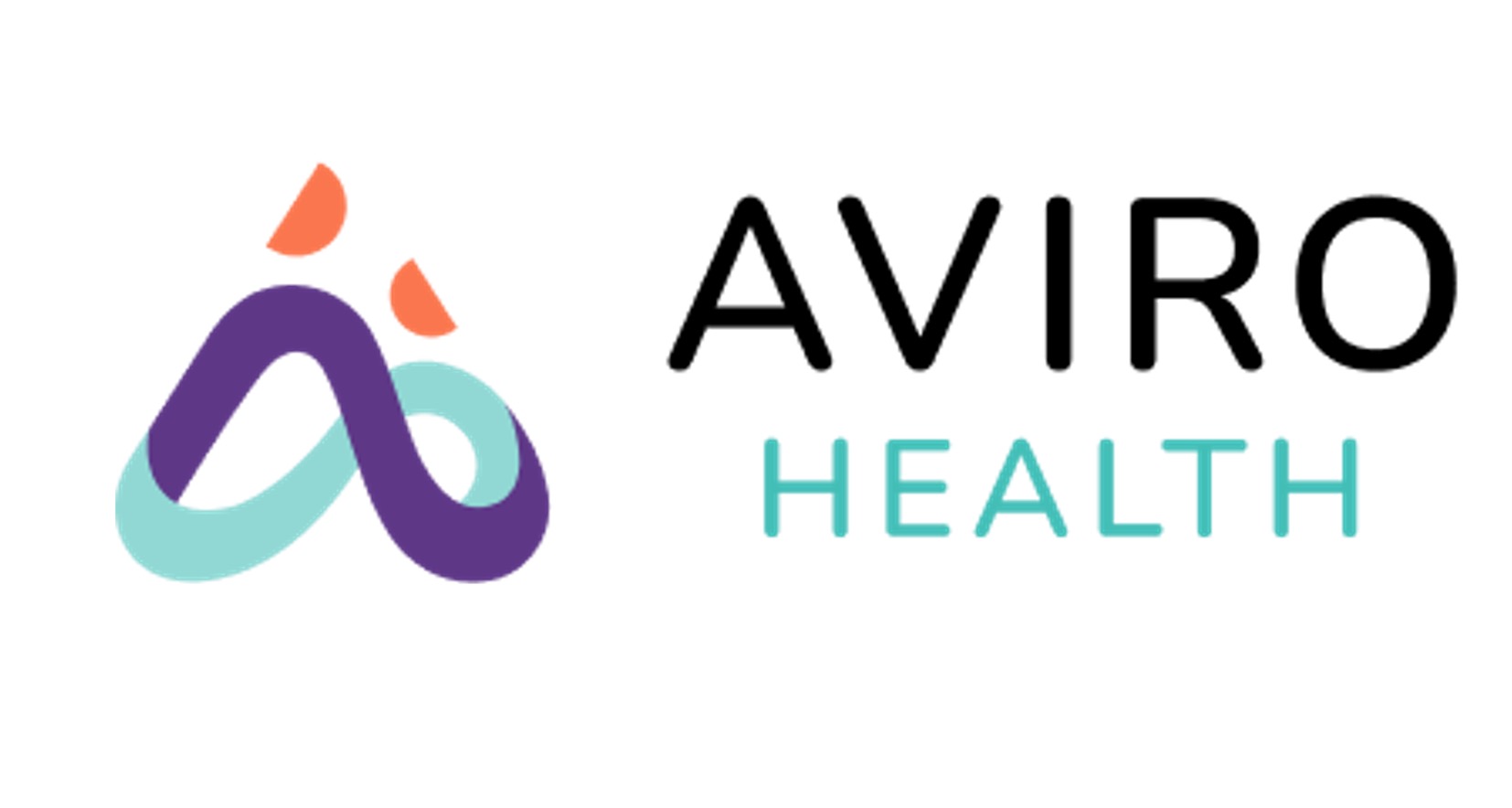Episode 4 – From Big Labs to Pocket Tests: The story of HIV diagnostics and what’s next
On Episode 4, the HIV Reimagined podcast takes a look at the remarkable journey of diagnostics.
Just a few decades ago, testing for HIV meant lengthy, expensive trips to laboratories with many weeks of waiting required to get results – valuable time pending before people could learn their status and begin the needed treatment and care. Today, HIV self-test kits allow individuals to test themselves when and where they are comfortable. While there is more work to be done for equitable access and follow-up, the breadth of the progress made is undeniable.
Studio guest Dr. Trevor Peter has been on the frontlines of the HIV epidemic since its early days and has seen firsthand the impact of this incredible evolution. Dr. Trevor Peter is the Head of Diagnostics at the Clinton Health Access Initiative. With our host Dr. Shaffiq Essajee (Senior HIV Advisor, UNICEF), he discusses the growth of HIV diagnostics and continuing developments in diagnostics for HIV and other disease areas.
Some twenty years ago, much of the attention in HIV diagnostics was on building laboratory capacity. As antiretroviral treatments needed to be scaled up, diagnostics had to be equally scaled with investments in labs, equipment, and training. The scale-up of nucleic acid testing (NAT), where blood is drawn and sent to laboratories, was one such milestone in diagnosing and monitoring HIV. Newer technologies, like polymerase chain reaction (PCR) testing for infant diagnosis, facilitated a shift away from big labs to point-of-care (POC) diagnosis, which promoted testing availability to more clients and quicker receipt of results.
Decades of these investments in diagnostics and health systems allowed countries to respond more effectively and rapidly to the urgent testing needs during the COVID-19 pandemic. In turn, the pandemic response and lessons learned during that critical time period has facilitated even more innovations in diagnostics for other disease areas including HIV.
Dr. Trevor Peter discusses the shift to community-based testing, innovations in service delivery, improving availability and uptake of self-tests, and improved data systems. There is even more potential for improved access with new testing technologies that can analyze results for multiple disease areas in a single test. Individuals are connected to their diagnosis faster through cheaper and more efficient tests – with more work remaining to scale-up best practices and allow the latest technology to reach all.
As Dr. Essajee summarizes, “Revolutionising testing isn't just about making improvements to the delivery of the system – it's the opportunity to revolutionise the empowerment of patients.”
Features
Dr. Musaed Abrahams, founder and CEO of AviroHealth
The Aviro Pocket Clinic employs digital tools to make testing accessible, efficient, and person-centered. These self-testing booths are designed to be used outside and alongside healthcare facilities, so that people can get tested and connected to care at their convenience in a confidential setting. The Pocket Clinics use a multi-language app to walk users through the testing process, provide counseling, and link them to care.
Founder of AviroHealth Dr. Musaed Abrahams notes that by providing testing for multiple health conditions, the Pocket Clinics are more welcoming for individuals who may face stigma when accessing HIV testing while also supporting case finding for a range of conditions with a single testing site. The approach empowers people to better understand their health and connect to the treatment they need.
Wendy (name protected), peer educator and counsellor from Côte d’Ivoire
Wendy notes the difference HIV self-testing has made among young women engaged in sex work. The community often faces stigma and discrimination in health care settings, deterring young women from accessing them. HIV self-testing allows them privacy and safety when understanding their diagnosis as well as removes other barriers such as the cost of transportation and wait times.
Wendy is a peer educator working with the U-Test Project in Côte d’Ivoire, which provides a package of services for HIV prevention and empowerment to vulnerable adolescents and young people. The project uses social media and the U-Report platform to raise awareness, and includes the distribution of HIV self-tests. Learn more in this UNICEF case study.
In this episode, our experts explore the past and future of diagnostics – for HIV and beyond. A common thread in the discussion is the importance of patient-centred design. As we see rapid innovations in testing technologies, we must continue to listen to communities and strengthen diagnostic approaches that best cater to their needs. What would you like to see prioritized in the next phase of diagnostics? Share your questions, comments, and valuable feedback with the HIV Reimagined team at childrenandaids@unicef.org.

